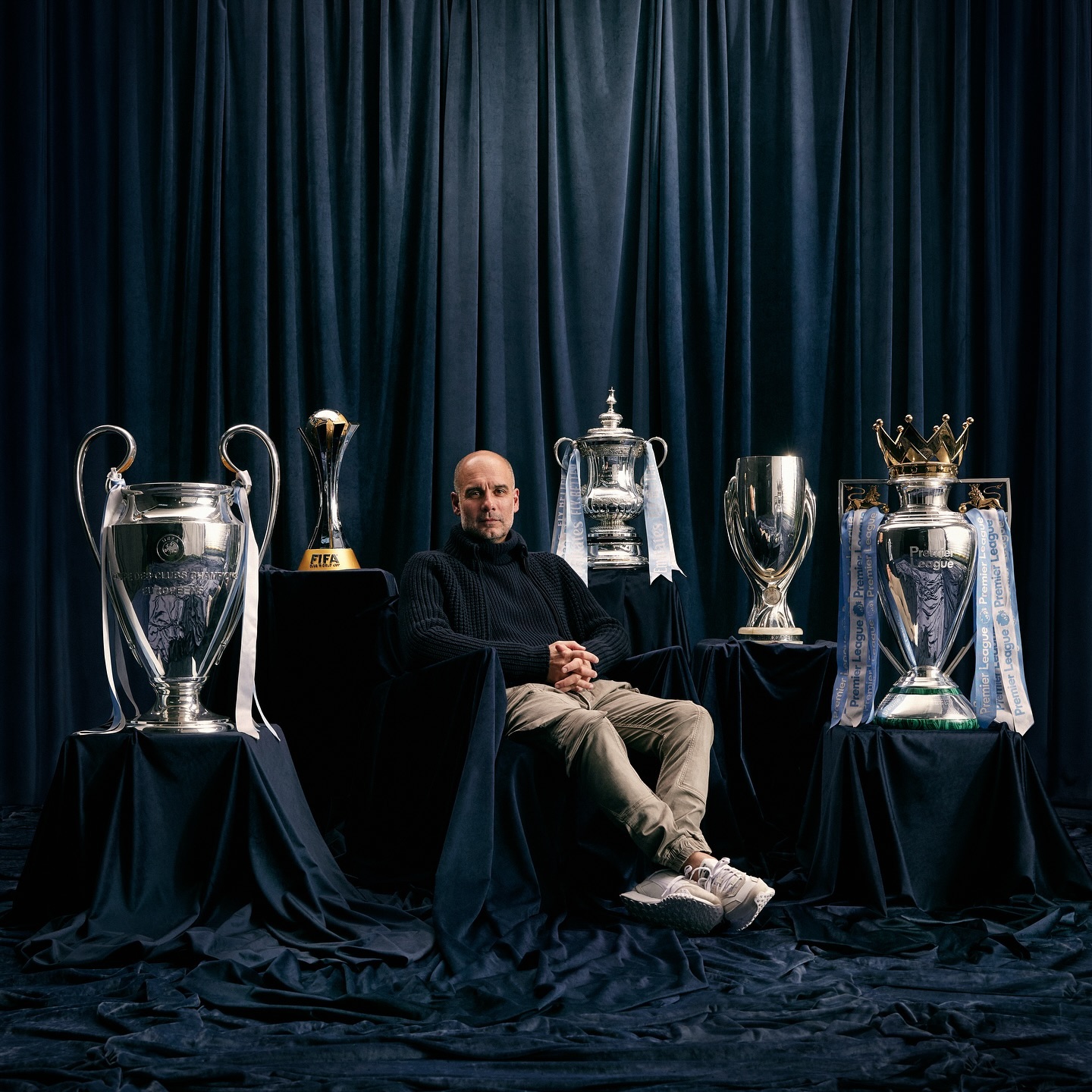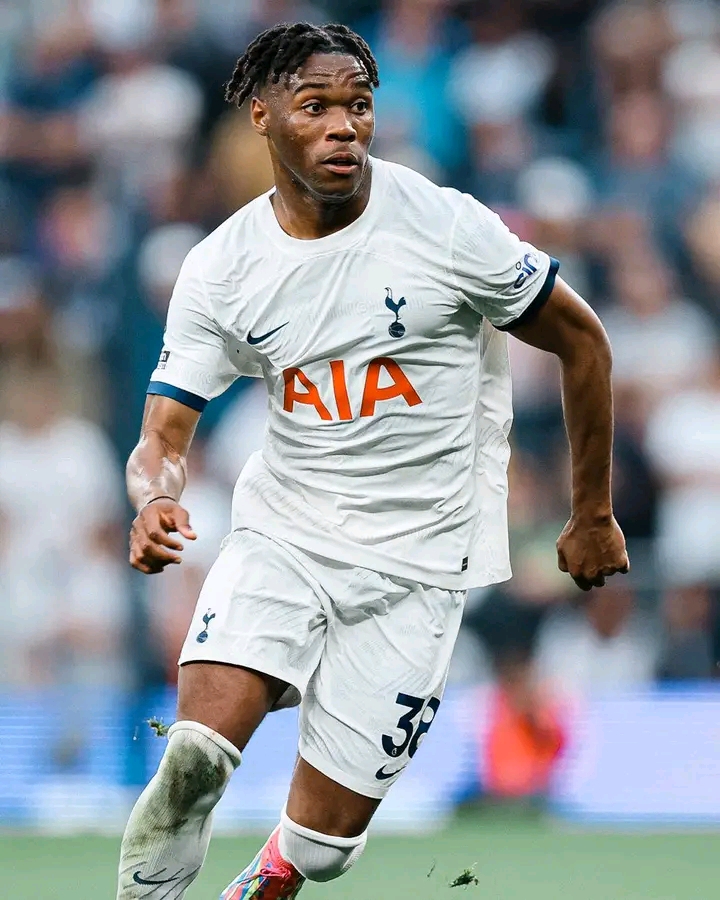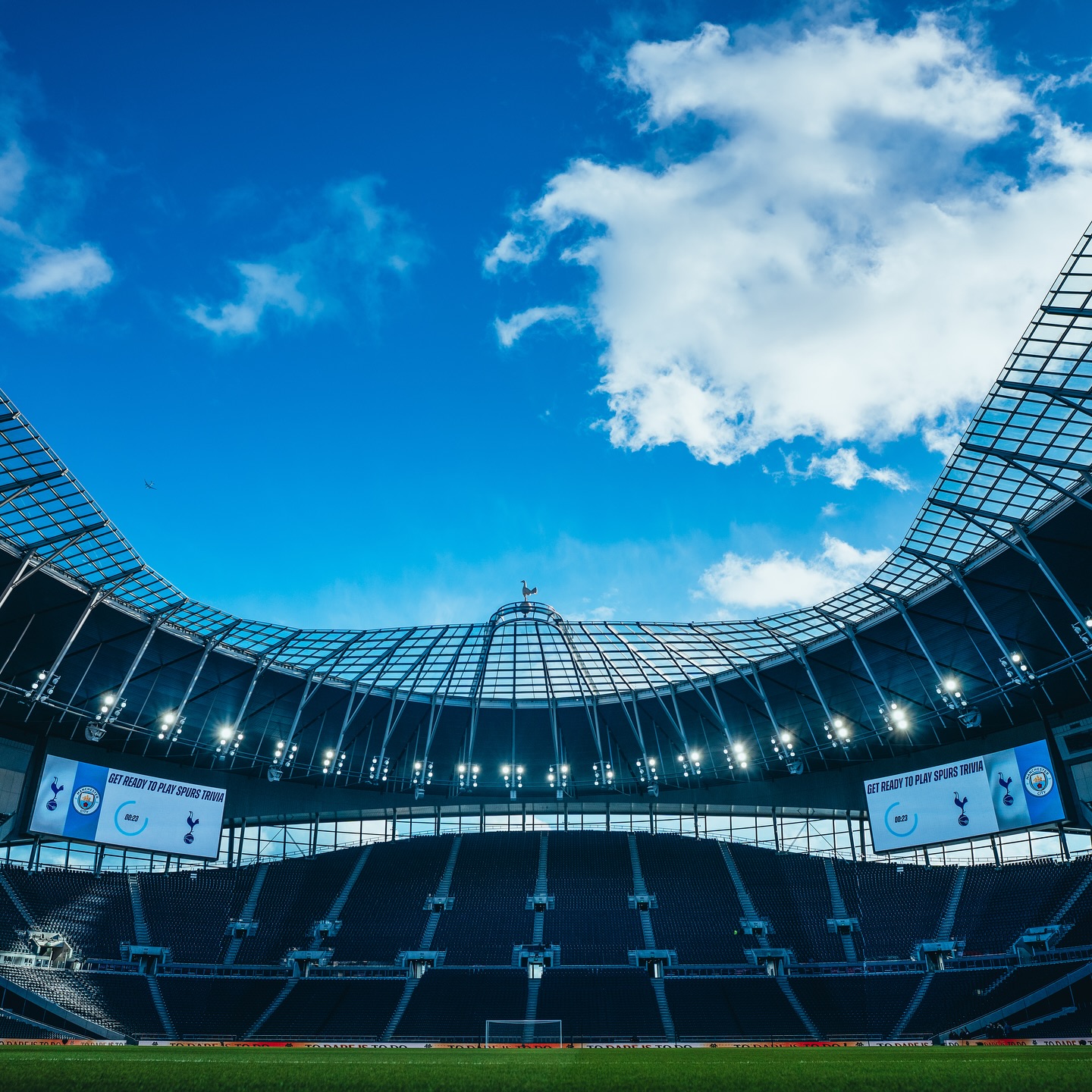Pep Guardiola, one of the most influential figures in modern football, has redefined the sport with his innovative tactics, relentless pursuit of perfection, and unmatched success. Born Josep Guardiola Sala on January 18, 1971, in Santpedor, Spain, Guardiola’s impact as a player and, more significantly, as a manager is unparalleled. This press release delves into his journey, philosophy, achievements, and influence on global football.
The Early Years Of His Career
Guardiola’s footballing journey began in the youth ranks of FC Barcelona, where he quickly showcased his potential as a central midfielder. After joining the famed La Masia academy in 1984, he was promoted to Barcelona’s senior team in 1990 under Johan Cruyff’s management.
Playing as a pivot in Cruyff’s iconic “Dream Team,” Guardiola was pivotal in Barcelona’s dominance during the early 1990s, winning six La Liga titles and the 1992 European Cup. Known for his intelligence, precise passing, and tactical awareness, Guardiola epitomized the ideals of Cruyff’s Total Football philosophy.
His Evolution and Transition to Management
After retiring as a player in 2006, Guardiola’s managerial career began with Barcelona B in 2007. Within a year, he was promoted to manage the first team, a decision that would change the landscape of football forever.
In his debut season as Barcelona’s head coach (2008–09), Guardiola led the team to a historic treble, winning La Liga, the Copa del Rey, and the UEFA Champions League. This remarkable achievement was a testament to his ability to innovate and inspire.
The Art of Positional Play
Central to Guardiola’s success is his philosophy of “positional play” (Juego de Posición). This tactical approach prioritizes:
- Control of Space: Players maintain structured positions to dominate possession and create attacking opportunities.
- High Pressing: His teams press opponents intensely to regain possession high up the pitch.
- Ball Mastery: Short, precise passing and movement are hallmarks of Guardiola’s teams, allowing them to dictate the tempo.
Guardiola’s philosophy emphasizes intelligence and adaptability, requiring players to understand not just their roles but also the overarching strategy. His meticulous attention to detail and high expectations have earned him a reputation as both a visionary and a demanding leader.
Achievements Along With A Trophy-Laden Career
Guardiola’s managerial career is synonymous with success. Some of his most notable achievements include:
FC Barcelona (2008–2012)
- 14 trophies in four seasons, including three La Liga titles and two UEFA Champions League crowns.
- Revolutionized football with the tiki-taka style, blending possession-based football with relentless pressing.
- Managed icons like Lionel Messi, Xavi Hernandez, and Andres Iniesta, forming one of the greatest teams in history.
Bayern Munich (2013–2016)
- Secured seven trophies, including three consecutive Bundesliga titles.
- Introduced tactical innovations to German football, enhancing Bayern’s dominance domestically and in Europe.
- Focused on improving players individually and collectively including Phillip Lahm and Joshua Kimmich, leaving a lasting legacy at the club.
Manchester City (2016–Present)
- Transformed Manchester City into one of the most dominant forces in English football.
- Achieved five Premier League titles (as of 2023) and a historic treble in the 2022–23 season (Premier League, FA Cup, and UEFA Champions League).
- Set records, including the highest points total in Premier League history (100 points in the 2017–18 season) and being the first manager to win the Domestic Treble.
Elevated players like Kevin De Bruyne, Erling Haaland, and Phil Foden to world-class levels.
Influence Beyond the Pitch
Pep Guardiola’s influence transcends trophies and tactics. His emphasis on player development, teamwork, and innovation has reshaped football globally. Young coaches, inspired by Guardiola’s methods, have incorporated elements of his philosophy into their strategies.
Additionally, Guardiola has contributed to the globalization of football, attracting fans and talent from around the world. His charisma, multilingualism, and respect for diverse cultures make him a unifying figure in an increasingly interconnected sport.
Challenges and Criticisms
Despite his success, Guardiola has faced criticism. Some argue that his financial backing at clubs like Manchester City has given him an unfair advantage. Others question his tendency to overthink tactics in critical matches, occasionally leading to surprising defeats.
However, Guardiola’s ability to adapt and evolve has consistently silenced his doubters. His commitment to excellence ensures that he remains at the forefront of football’s evolution.
A Revolutionary of the Game
Guardiola’s legacy is defined by his relentless pursuit of perfection and his desire to innovate. His teams have set new benchmarks for what is possible in football, inspiring countless players and coaches.
He stands as a symbol of modern football’s intellectual and artistic dimensions, proving that success can be achieved through creativity, discipline, and vision.



